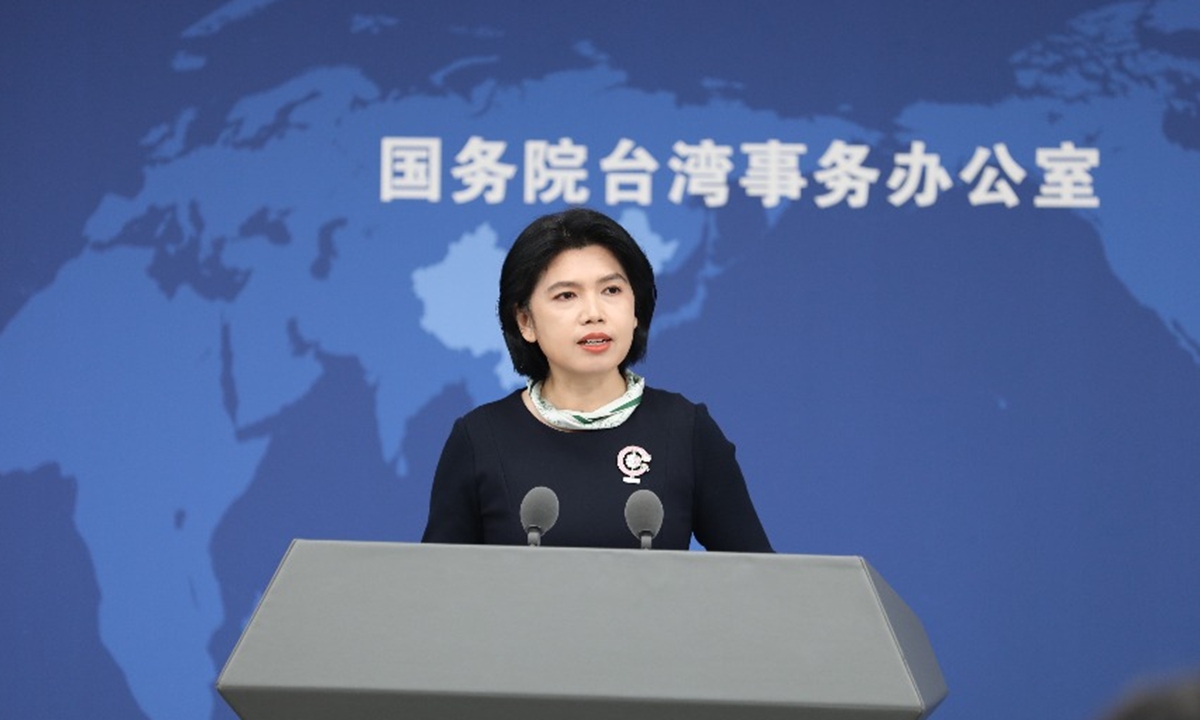Shifts in Convertible Bond Management and Funding Strategies

The recent announcements regarding the resumption of convertible bond conversions and strategic funding reallocations by the company mark a pivotal moment that underscores broader economic and market trends. With the global financial arena being increasingly sensitive to corporate transparency and strategic direction, this development is noteworthy not just for stakeholders directly involved, but for the market at large.
The decision to resume the conversion of the convertible bonds, designated by code 123235, illustrates an adaptive strategy in response to evolving market conditions. The conversion period starting from June 27, 2024, offers bondholders an opportunity to convert their debt into equity, enhancing liquidity and potentially augmenting the company’s capitalization. However, the temporary suspension of these conversions from August 7 to August 13, 2025, adds a layer of uncertainty that investors need to navigate. Recent trends in investor sentiment, as seen in elevated market volatility and shifting yields illustrated by the yield curves, may influence the appeal of these bonds. Is this a signal that companies are grappling with investor confidence amidst tightening monetary policies?
Moreover, the board's decision to terminate certain fundraising initiatives while reallocating resources to bolster working capital is an intriguing maneuver reflective of a prudent corporate strategy during uncertain economic times. This realignment could indicate an underlying trend towards prioritizing immediate liquidity over long-term projects, echoing lessons learned from the 2008 financial crisis where many firms faced severe liquidity constraints. The implications for EBITDA margins and profit stability raise questions about the sustainability of such shifts. Notably, the additional resale rights granted to bondholders suggest an effort to align corporate governance with investor expectations, which could mitigate some risks of negative sentiment. However, it also raises concerns about potential dilution effects on existing shareholders.
Looking forward, while the company assures compliance with disclosure regulations, the information dominance comes with the risk of miscommunication—a potential pitfall that could shake stakeholder trust. Investors must remain vigilant, considering that any unforeseen market volatility could also ripple through stock and bond performance. Striking a balance between transparent, proactive communication and the retention of strategic agility will be crucial as the company navigates these changes. In conclusion, the evolving landscape brought about by these strategic decisions reflects both opportunities and challenges for various market participants. As the company embarks on this recalibrated path, will it be able to foster investor confidence amidst the backdrop of economic uncertainties?
Read These Next

Apollo Global Management to Acquire Majority Stake in Ceres
Apollo Global Management will acquire a majority stake in Carrier, enhancing its competitiveness and market expansion by early 2024.

Governance Restructuring's Impact on Future Financial Performance
The commentary discusses the recent changes in the company's Board of Directors, particularly focusing on the strategic relevance of new appointments to governance committees, and how these changes might anchor the company's resilience in financial performance amid market fluctuations.

Spokesperson Criticizes DPP's Car Ban as Economic Hindrance
DPP's ban on mainland cars, notably BYD EVs, criticized for hindering cross-Strait cooperation and consumer rights.
